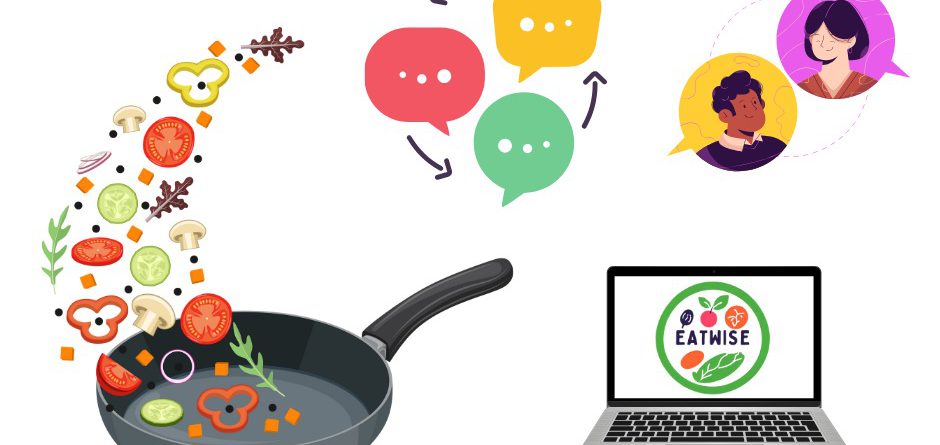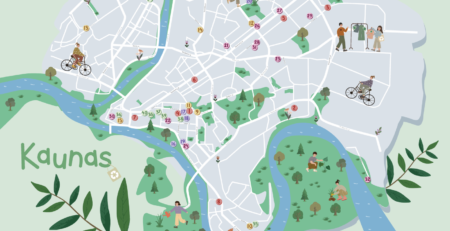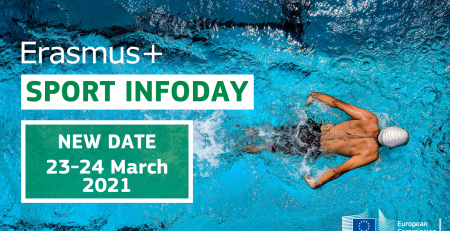EATWISE project: what has been achieved?
Erasmus+ EATWISE project, implemented in collaboration with Italy, Bulgaria, Portugal, Romania and Turkey, has launched with the goal of raising awareness about sustainable food. The project’s initial steps included a transnational meeting held in Bulgaria, where we gathered to establish a comprehensive roadmap focused on sustainable food. During this meeting, various plans were devised to boost interest in sustainable food within our communities and to facilitate the exchange of different cultural experiences on this topic.
One crucial step in the project involved understanding the food culture of refugees residing in our countries and examining their interactions with our societies. To gain insights into the challenges refugees face while preparing their dishes, the extent to which they have been influenced by our culture, and their contributions to our culinary traditions, we conducted an extensive study. Through face-to-face meetings, we provided information on sustainable food and presented a specially prepared survey aimed at delving deeper into their experiences. The survey questions focused on challenges refugees encounter in sourcing ingredients, their level of cultural integration, and their awareness of sustainable food. Analyzing this data offered valuable insights into their adaptation processes and experiences with sustainable food.
During these conversations, refugees introduced us to their own culinary traditions. We selected five different vegetarian and vegan recipes from their cuisine, documenting both the details and visuals of these dishes. These recipes will be included in the “Eatwise Cookbook” created within the project framework. Moreover, to understand how leftover foods are repurposed in alignment with sustainable food practices, we engaged in in-depth discussions with the refugees, documenting five different methods they use to transform leftovers. These findings will have compiled under the “Guidebook on Sustainable Intercultural Food”.
Each month, we held regular meetings to exchange updates on the project’s progress. During these meetings, each team shares updates on activities conducted in their respective countries, ensuring that the project proceeds in line with its objectives and making necessary adjustments as needed.
Additionally, to broaden the project’s outreach, we create posters and visuals, which are regularly shared on social media and local press channels. Through these efforts, we aim to increase the visibility and impact of our project.
This project is funded by the Erasmus+ program of the European Commission. This publication reflects only the views of the project partners and the Commission is not responsible for any use that may be made of the information contained therein.











